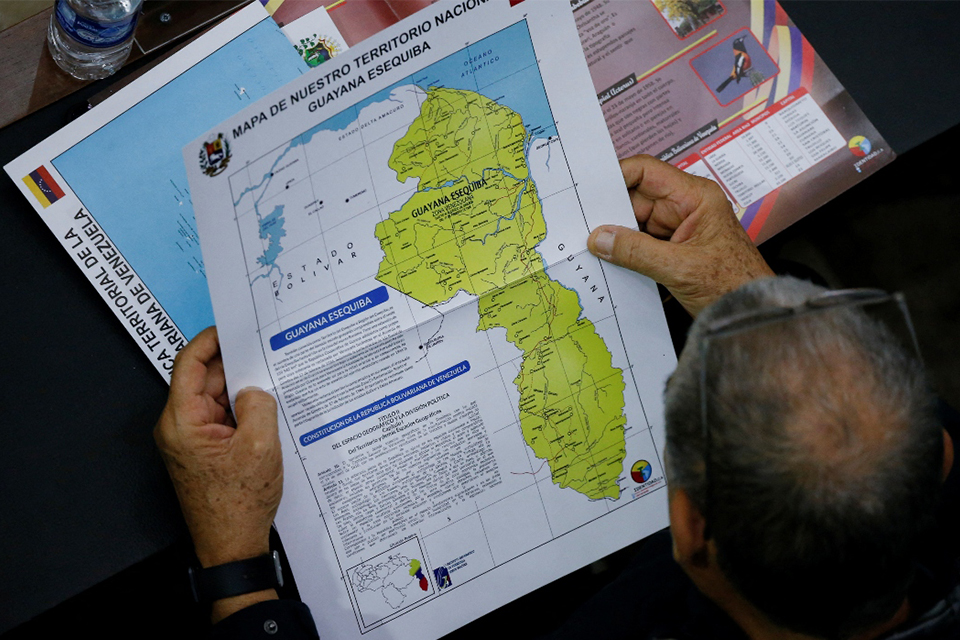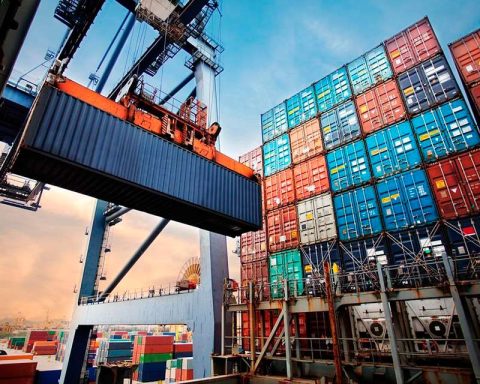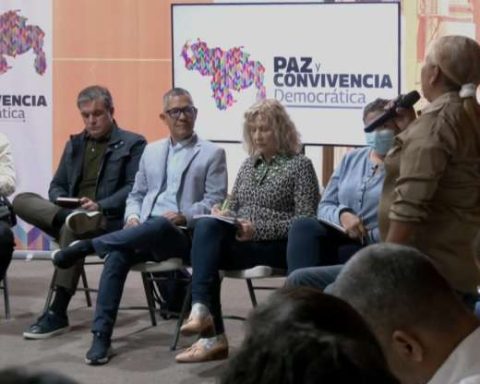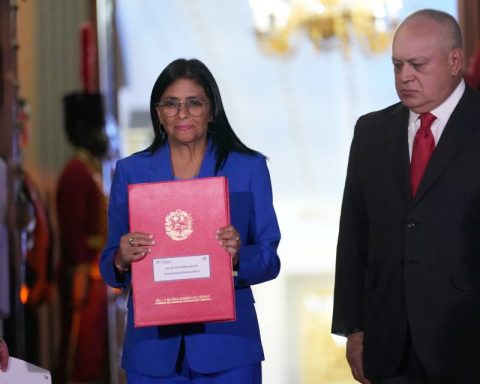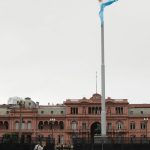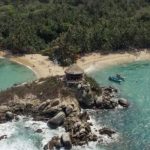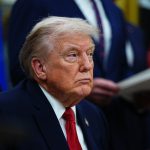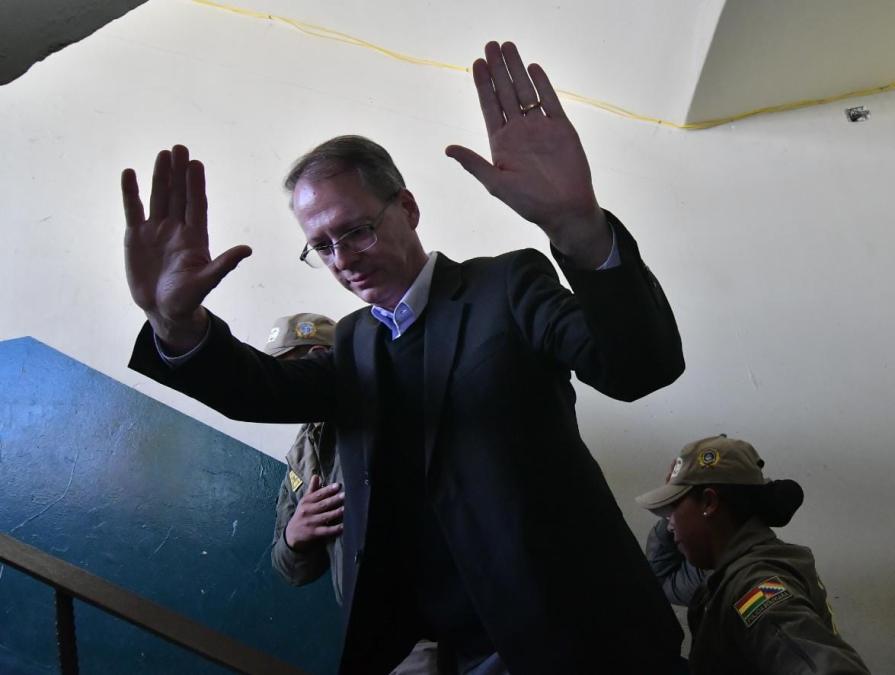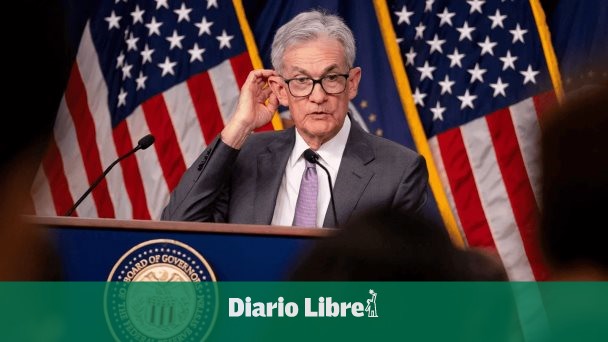Guyana recalled that the matter of the Esequibo “is pending before the International Court of Justice by decision of the United Nations Secretary, in accordance with the 1966 Geneva Agreement between the parties, for the solution of the controversy”
The Guyana Government insisted this Friday, April 18, that it will not maintain negotiations with Venezuela through the region in dispute of the Esequibo, since it says that this controversy must be resolved in the International Court of Justice (CIJ).
Thus the Ministry of Foreign Affairs responded in a statement to recent statements by a Chinese diplomat in the country who said that Guyana and Venezuela “can resolve the border issue through friendly consultations and negotiations.”
Nicolás Maduro has also called for direct conversations with his Guyanese counterpart, Irfaan Ali, but from Georgetown they have rejected that option.
Exteriors recalled in his note that the matter of the Esequibo “is pending before the International Court of Justice by decision of the United Nations Secretary, in accordance with the 1966 Geneva Agreement between the parties, for the solution of the controversy.”
“For this purpose, and in order not to impair the jurisdiction or the authority of the Court as an ideal forum for the resolution of this controversy, Guyana will refrain from discussing any matter that has been presented to the Court,” he added.
The Guyana Foreign Ministry also criticized that the Chinese government has not issued comments on Venezuela’s announcement to hold elections in Esequibo on May 25.
“This constitutes a clear violation of the sovereignty and territorial integrity of Guyana,” said the text.
The differences by the border limits around the Esequibo began with the arbitration award of Paris of 1899, which gave the sovereignty of the territory to the then British Guyana.
Decades later, Venezuela declared that ruling void and signed with the United Kingdom the 1966 Geneva agreement, which determined to create a commission to resolve the historic controversy, which has not materialized.
The crisis of the Esequibo, a region rich in oil and minerals that occupies two thirds of Guyana, has been exacerbated since in December 2023 Venezuela celebrated a referendum to claim the sovereignty of the territory.
On April 12, the executive vice president, Delcy Rodríguez, denounced “Belicist intentions” by Guyana, after signing a memorandum of understanding between this country and the United Kingdom to reinforce bilateral cooperation in defense.
With EFE information
*Journalism in Venezuela is exercised in a hostile environment for the press with dozens of legal instruments arranged for the punishment of the word, especially the laws “against hatred”, “against fascism” and “against blockade.” This content was written taking into consideration the threats and limits that, consequently, have been imposed on the dissemination of information from within the country.
Post views: 209
